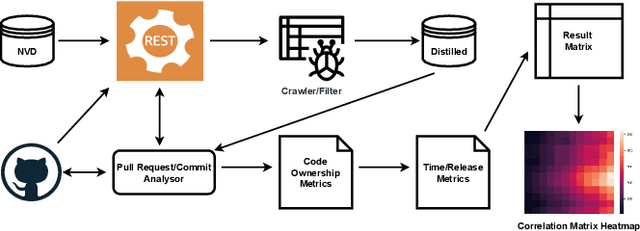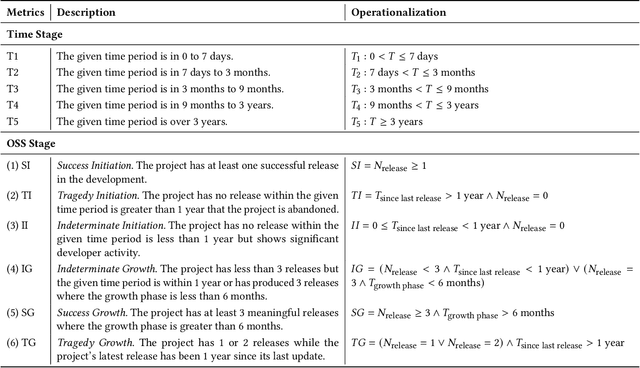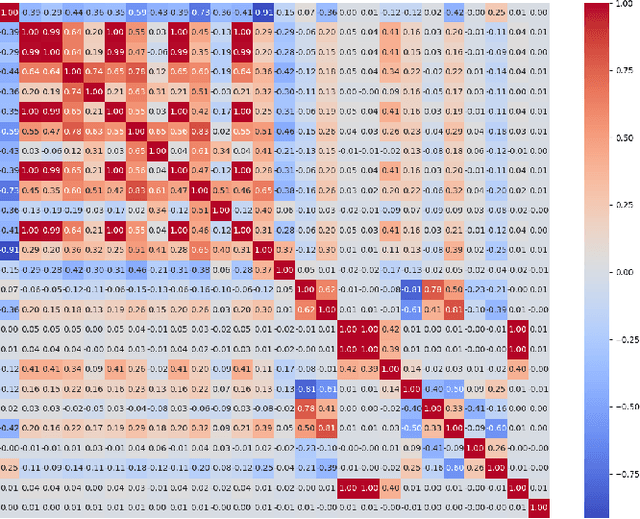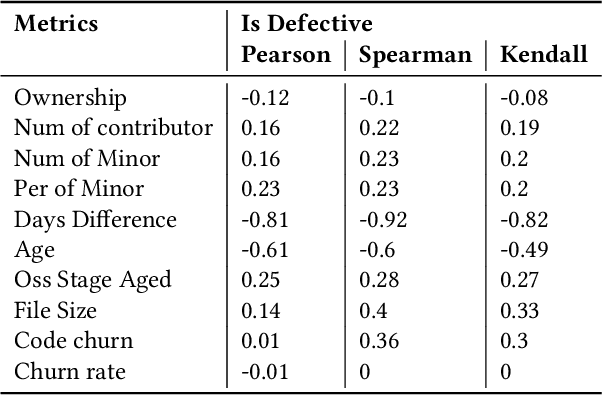Code Ownership in Open-Source AI Software Security
Paper and Code
Dec 18, 2023



As open-source AI software projects become an integral component in the AI software development, it is critical to develop a novel methods to ensure and measure the security of the open-source projects for developers. Code ownership, pivotal in the evolution of such projects, offers insights into developer engagement and potential vulnerabilities. In this paper, we leverage the code ownership metrics to empirically investigate the correlation with the latent vulnerabilities across five prominent open-source AI software projects. The findings from the large-scale empirical study suggest a positive relationship between high-level ownership (characterised by a limited number of minor contributors) and a decrease in vulnerabilities. Furthermore, we innovatively introduce the time metrics, anchored on the project's duration, individual source code file timelines, and the count of impacted releases. These metrics adeptly categorise distinct phases of open-source AI software projects and their respective vulnerability intensities. With these novel code ownership metrics, we have implemented a Python-based command-line application to aid project curators and quality assurance professionals in evaluating and benchmarking their on-site projects. We anticipate this work will embark a continuous research development for securing and measuring open-source AI project security.
 Add to Chrome
Add to Chrome Add to Firefox
Add to Firefox Add to Edge
Add to Edge